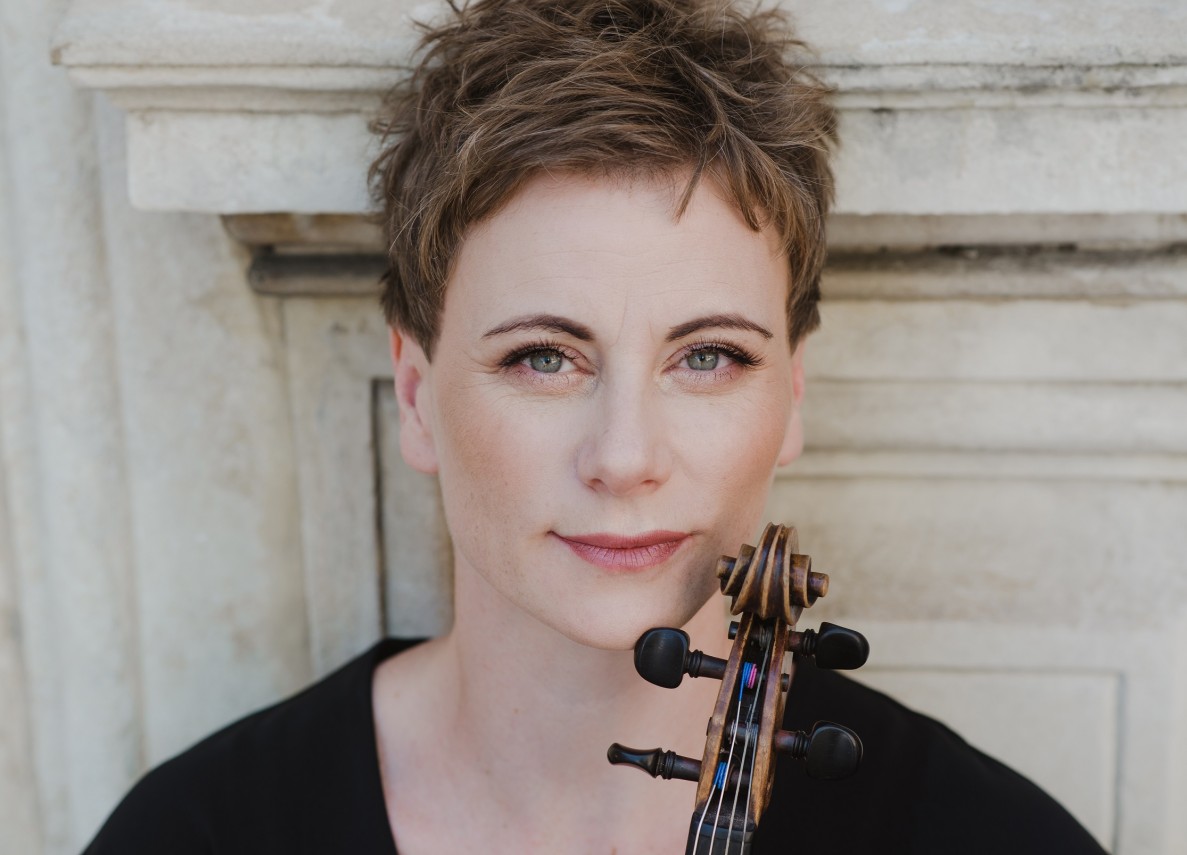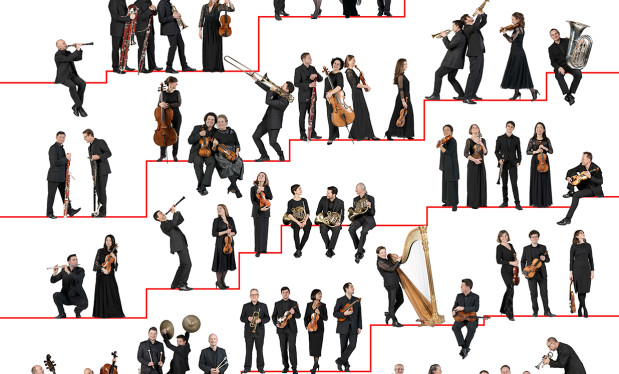{oh!} Orkiestra Historyczna Concerto Grosso: Émigré to British Isles - NOSPR
{oh!} Orkiestra Historyczna / Concerto Grosso: Émigré to British Isles
Words sometimes change their meanings. This is what happened to the Latin verb concertare, which in the classical age meant to fight, to contend, or, in the extended sense, to compete. In the Middle Ages, for reasons still unclear to etymologists, it gradually lost its original meaning and finally acquired positive connotations: to reach agreement. Perhaps someone confused it with another verb; maybe someone else resolved optimistically that every dispute must eventually be settled. The Italian word concerto, probably already referring to harmonious consonance, was used for the first time in Praetorius’ treatise Syntagma musicum. This is not far away from the concerto grosso, a typically baroque form, where music is passed between a small group of soloists (concertino) and the rest of the orchestra (ripieno). Such works were already composed by Alessandro Stradella, but the very term did not appear until 1698. Tonight we will hear pieces by two collaborators and friends of Georg Friedrich Händel, the great successor to this tradition: concerti grossi by Francesco Scarlatti, a less-known brother of the famous Alessandro, and Violin Sonata in G major by Francesco Geminiani, arranged as a concerto grosso by his pupil Charles Avison. The programme also includes Arcangelo Corelli’s Sonata in C major, similar in approach to works by Geminiani, who was made familiar with the secrets of this music form by Corelli. We are looking forward to hearing the fruits of the harmonious and congenial cooperation of three generations of Baroque composers.
Upcoming events

NOSPR / Brahms / Penderecki / Pärt / Romantic Bell Tolls
Concert Hall


ECHO Rising Stars Festival / Guðmundsdóttir / Lahiry / A Powerful Voice of Women
Chamber Hall
Last tickets


JazzKLUB / Rudi Mahall's Almost Danish Quartet / Standards with a Playful Twist
Chamber Hall
Buy ticket







